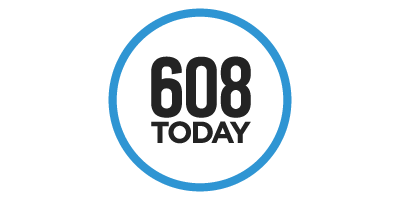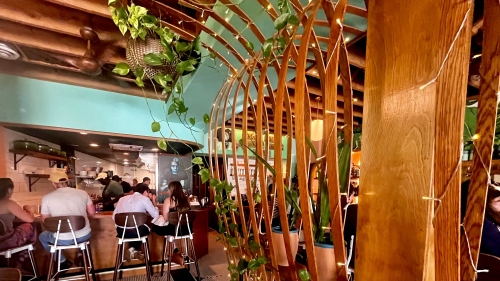Long-distance running is as physical as it is mental. For Lisa Cadmus-Bertram, the endurance-focused exercise manifested her career path in researching chronic diseases, public health, and cancer survivorship. The University of Wisconsin-Madison associate professor of kinesiology is sharing her expertise with the All of Us Research Program as the research team’s new co-investigator.
“As an epidemiologist, I’m interested in big datasets generally,” Cadmus-Bertram said. “I think we can answer really interesting and important questions when we have very large amounts of information that we just can’t answer any other way. That’s what’s really important about All of Us.”
All of Us is a large-scale effort spearheaded by the National Institutes of Health to collect and study data from at least 1 million people in the US. Research projects underway include investigations on:
- heart disease risk factors
- chronic pain
- intersectional mental health challenges
- and genetic risk factors for different cancers
This data will enable researchers to address unanswerable questions about health and disease. Cadmus-Bertram added such studies could lead to new breakthroughs and advance discoveries to reduce persistent health disparities.
“One of the biggest reasons that I see people joining research studies is probably altruism and wanting to feel connected and understanding that you’re contributing to something bigger than yourself,” she said. “Whenever we do something to help, it benefits us as much as then benefits whoever we’re helping.”
Interested in helping Cadmus-Bertram and the All of Us Research Program? Learn how participating can contribute and grow the All of Us dataset below.
Poll
Have you heard of the All of Us Research Program? We’re curious.












